On a humid morning in Onitsha, June 28, 1936, a child was born who would one day stand at the crossroads of one of Africa’s greatest tragedies. His name was Anthony Ukpabi Asika, son of a retired postmaster — a quiet beginning for a man who would later shoulder the weight of reconciliation after the Nigerian Civil War.
A Mind Shaped by Books and Ideas
Growing up in colonial Nigeria, young Ukpabi saw education not just as a ladder but as a passport — one that could carry a person beyond the confines of tribe or territory. His brilliance earned him a place at University College, Ibadan, the cradle of many of Nigeria’s first-generation thinkers. There, he developed the poise and confidence that made him stand out in lecture halls and student debates alike.
The world beckoned, and he answered. At the University of California, Los Angeles (UCLA), Asika immersed himself in political science — a discipline that mirrored his own curiosity about how nations rise, fall, and rebuild. It was in those years abroad that his worldview took shape. As president of the African Students Association, he learned the art of diplomacy and persuasion. His peers saw in him not just a scholar but a man of ideas — articulate, cosmopolitan, and convinced that Africa’s future depended on unity, not fracture.
The Scholar Returns Home
When Asika returned to Nigeria, it was with the conviction of a man ready to teach and to build. He joined the University of Ibadan’s Department of Political Science, where he lectured on federalism, governance, and political integration — themes that would soon move from his classroom to the very heart of his life’s work.
But Nigeria, then, was a nation on the edge. Coups, counter-coups, and ethnic suspicion were tearing at the fragile fabric of the federation. By 1967, the Eastern Region — led by Colonel Chukwuemeka Odumegwu Ojukwu — had declared itself the Republic of Biafra. As the drums of war sounded, Ukpabi Asika made a fateful choice: he would not follow the path of secession.
The Federal Loyalist
It was a decision that would define him — and divide opinions about him for decades. While many Igbos joined Biafra’s cause, Asika remained loyal to the Federal Republic of Nigeria, convinced that unity, however imperfect, was the only way forward.
In October 1967, General Yakubu Gowon appointed him the Civilian Administrator of East Central State, the federal government’s administrative structure for the war-torn region. It was a daring move — to send an Igbo intellectual to govern the East at the height of war. Asika became both bridge and buffer: between soldiers and civilians, between distrust and hope.
A photograph from June 30, 1968, captures him at a London press conference — calm, bespectacled, and composed. He dismissed allegations of genocide against the Igbo, asserting that the war was not against a people but against secession. To some, he was a patriot. To others, a traitor. But those who knew him understood his motives — a deep, almost stubborn faith that Nigeria’s wounds could heal only through unity.
Rebuilding the East
When the war ended in January 1970, Asika faced a landscape of devastation. Towns lay in ruins, families were displaced, and the Igbo economy — once vibrant — had been reduced to ashes. The federal slogan was “No victor, no vanquished,” but rebuilding the East Central State required more than words.
Asika set to work. He reinstated civil servants, reopened schools and hospitals, and coaxed displaced families back home. Roads were cleared, water systems restored, and federal development programmes encouraged local recovery. Resources were scarce, suspicion was abundant — yet Asika’s steady pragmatism kept the machinery of recovery turning.
He walked a delicate line: loyal to Lagos, yet protective of his people. Many may not have seen it then, but his diplomacy ensured that the East was not left to languish in isolation.
The Man Behind the Administrator
Away from public life, Ukpabi Asika was gentle and introspective. He was married to Chinyere Asika, a woman of grace and intellect, who later became a notable figure in Nigerian media. Their home was filled with conversation, laughter, and the sound of children — among them Obi Asika, who would go on to become a leading figure in Nigeria’s entertainment industry. Their family embodied what Ukpabi valued most: intellect, creativity, and quiet resilience.
Final Years and Enduring Legacy
When General Murtala Muhammed came to power in 1975, Asika’s tenure as Administrator ended. He returned to the world of ideas — academia, public policy, and national debate — where he continued to argue for federalism, good governance, and the kind of unity born not of coercion but of shared purpose.
Ukpabi Asika passed away on 14 September 2004, aged 68. In death, as in life, he left behind complex memories — admired by some, misunderstood by others. Yet, as history has mellowed, a clearer picture has emerged: that of a man who chose conviction over convenience, intellect over ideology.
He was, in every sense, a pro-Nigeria Igbo intellectual — one who believed that rebuilding was a nobler act than rebellion, and that reconciliation was the only foundation on which the East could rise again.
Today, his name stands among those who helped Nigeria heal after the war — quiet builders who saw beyond the ruins, and dared to imagine a united future.
Image Credit:Ukpabi Asika addressing the press in London, June 30, 1968. Courtesy: Evening Standard/Hulton Archive/Getty Images.
References:
1. Falola, Toyin & Heaton, Matthew. A History of Nigeria. Cambridge University Press, 2008.
2. Suberu, Rotimi T. Federalism and Ethnic Conflict in Nigeria. United States Institute of Peace Press, 2001.


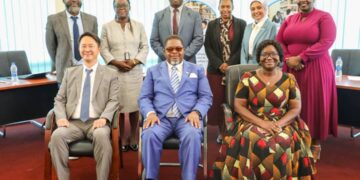


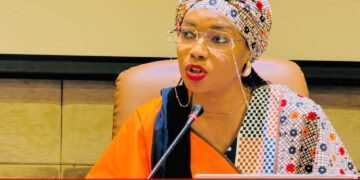
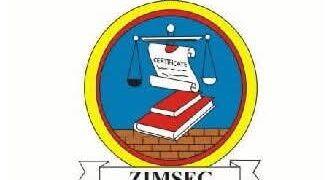
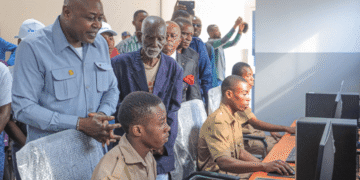























































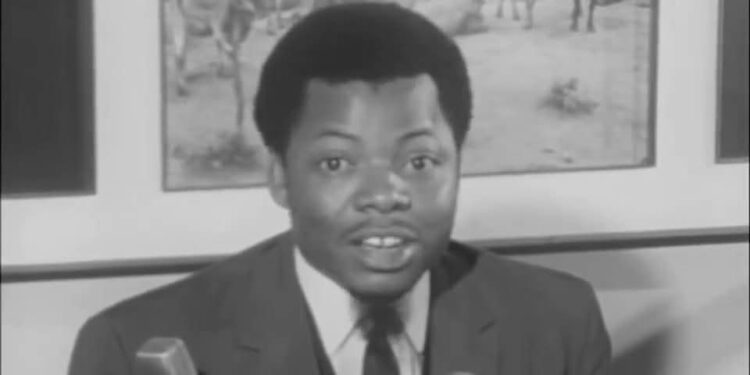




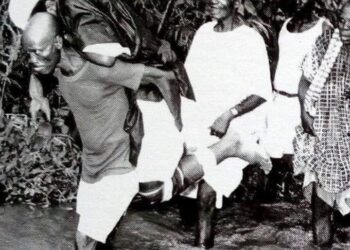
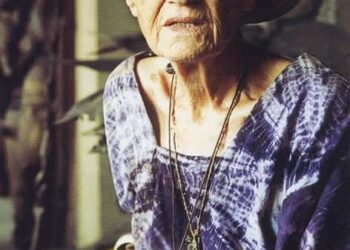

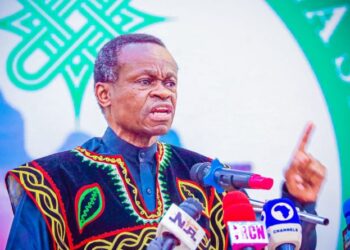












 EduTimes Africa, a product of Education Times Africa, is a magazine publication that aims to lend its support to close the yawning gap in Africa's educational development.
EduTimes Africa, a product of Education Times Africa, is a magazine publication that aims to lend its support to close the yawning gap in Africa's educational development.

